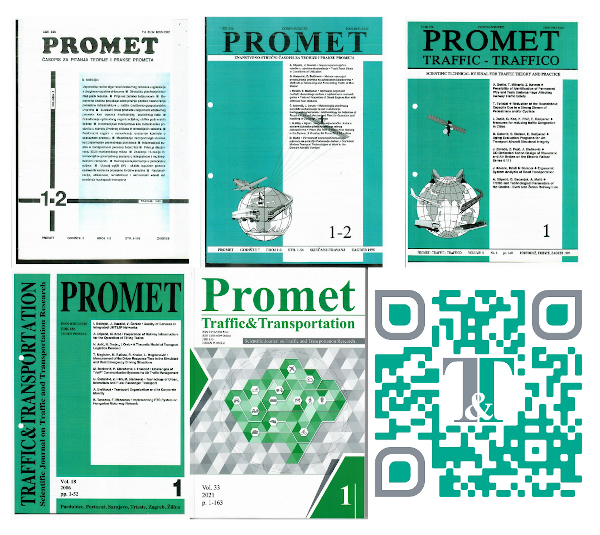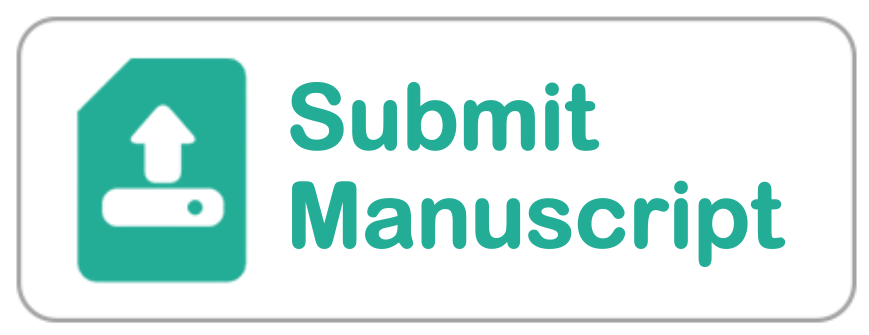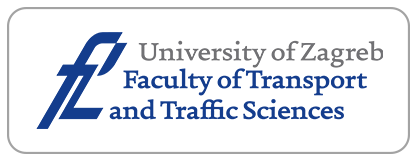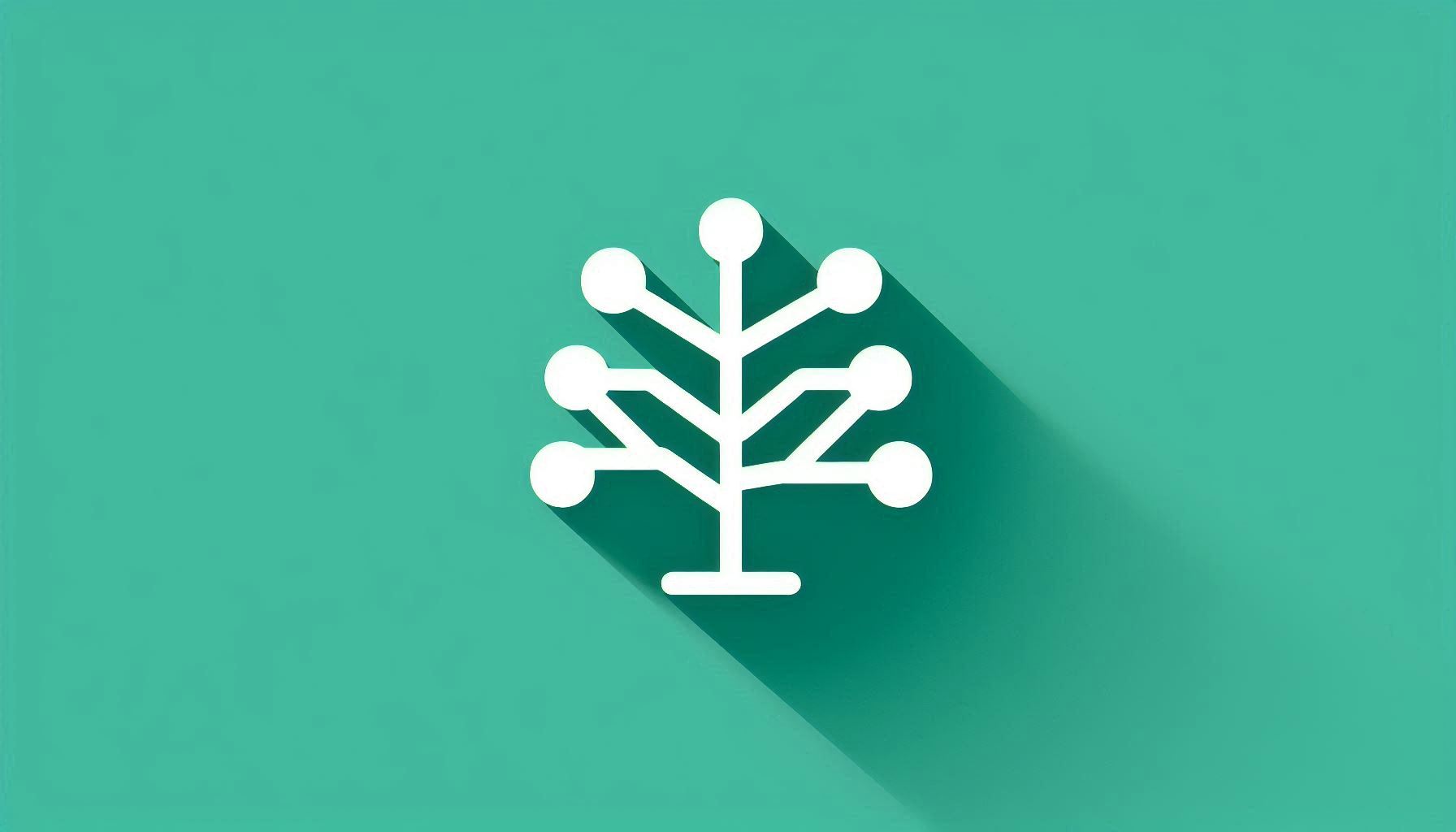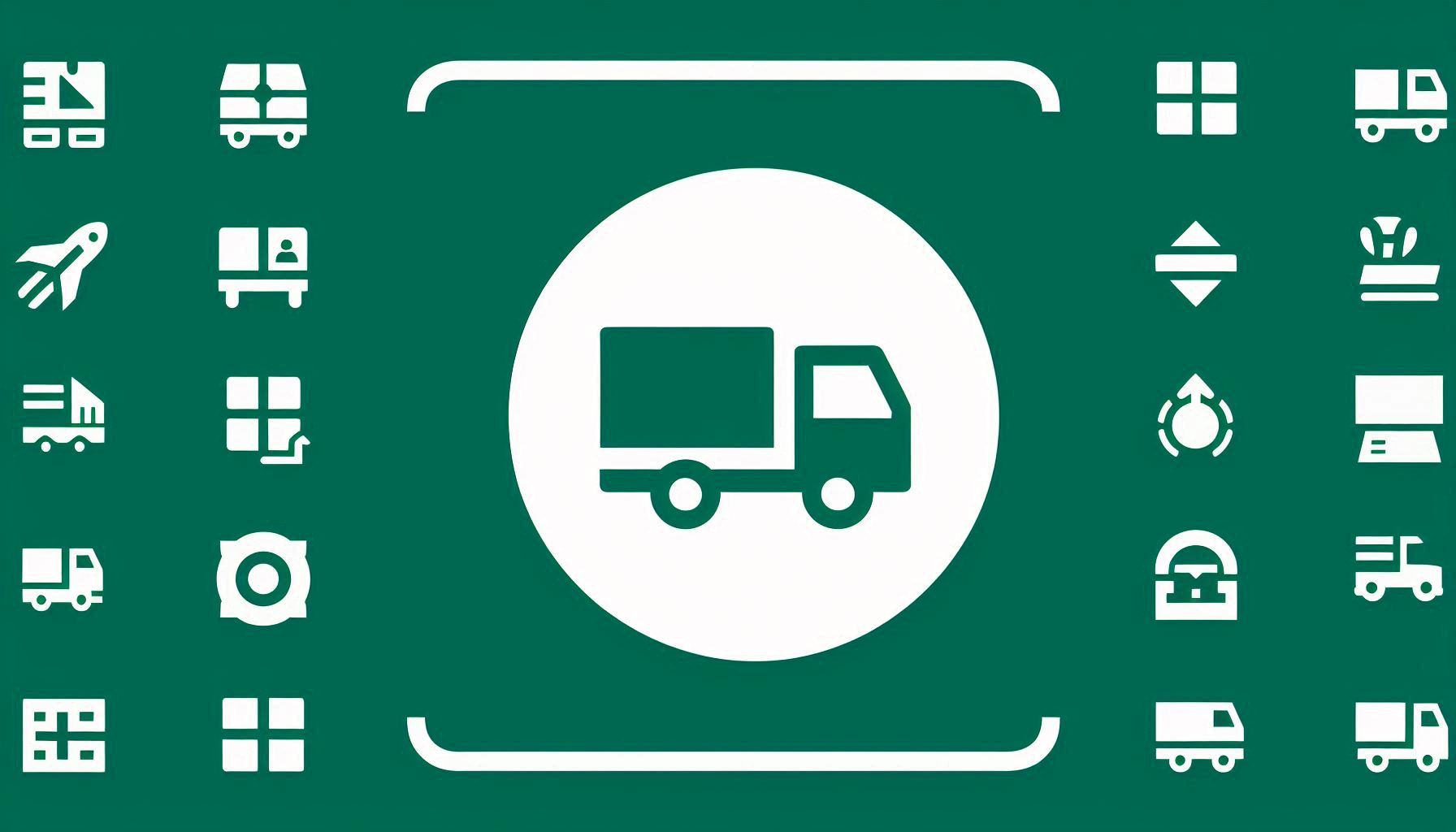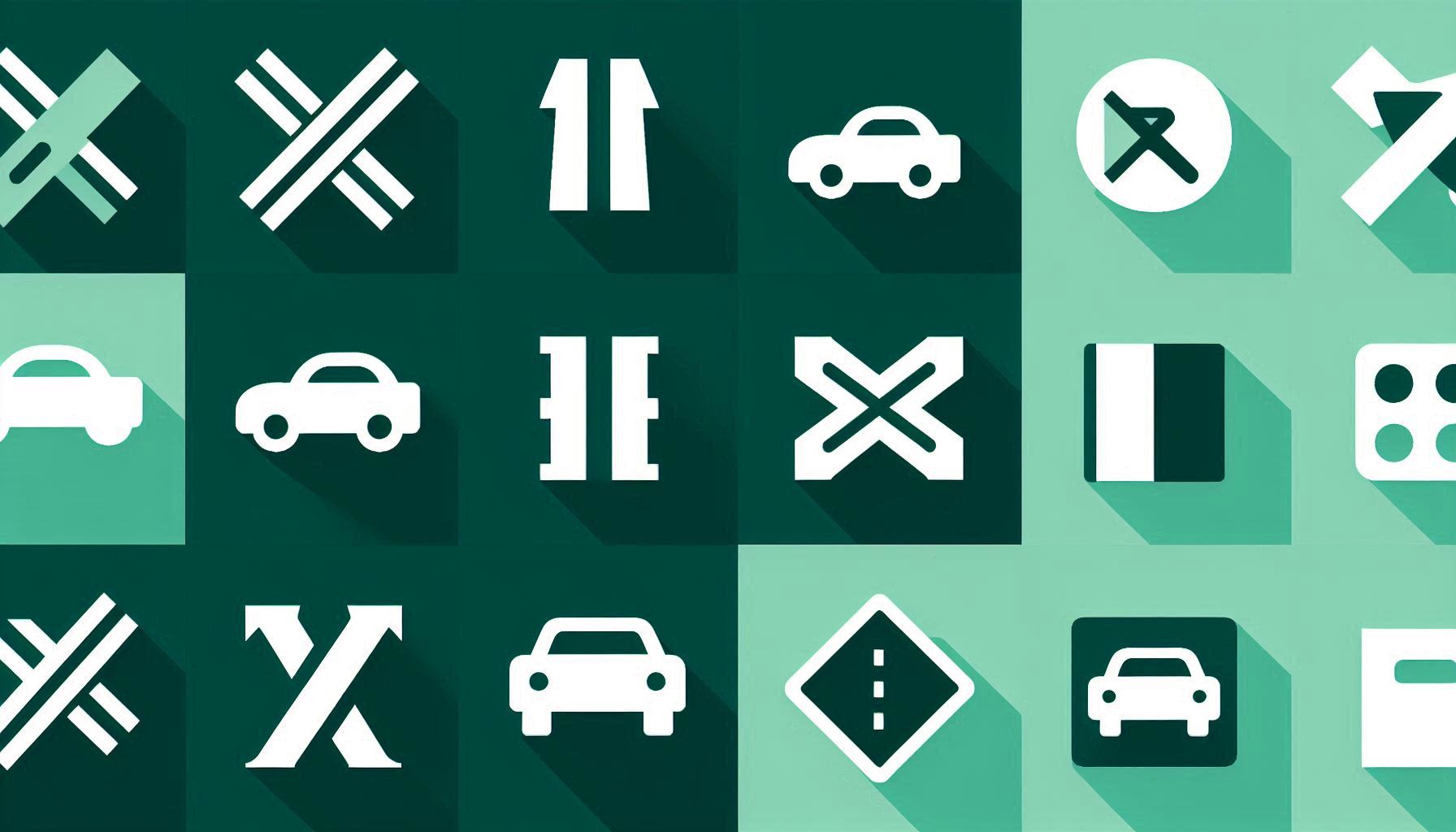Institutions that collaborated with the publisher in developing the journal
Sponsors and Support
- University of Maribor, Faculty of Logistics
- Center for Vehicles of Croatia
- Croatian Ministry of Science and Education
- Croatian National Programme for Road Traffic Safety
- University of Ljubljana, Faculty of Maritime Studies and Transport
- Institute for Transport Studies Within the European Economic Integration
- University of Žilina, Faculty of Operation and Economics of Transport and Communications
- University of Pardubice, Jan Perner Transport Faculty
- University of Split, Faculty of Maritime Studies
- University of Ljubljana, Faculty of Civic and Geodetic Engineering
- University of Rijeka, Faculty of Maritime Studies
- Croatian Academy of Sciences and Art
- International Center for Informatics Research Beijing Jiaotong University
- Tongji University
- Air, Maritime and Railway Traffic Accidents Investigation Agency

